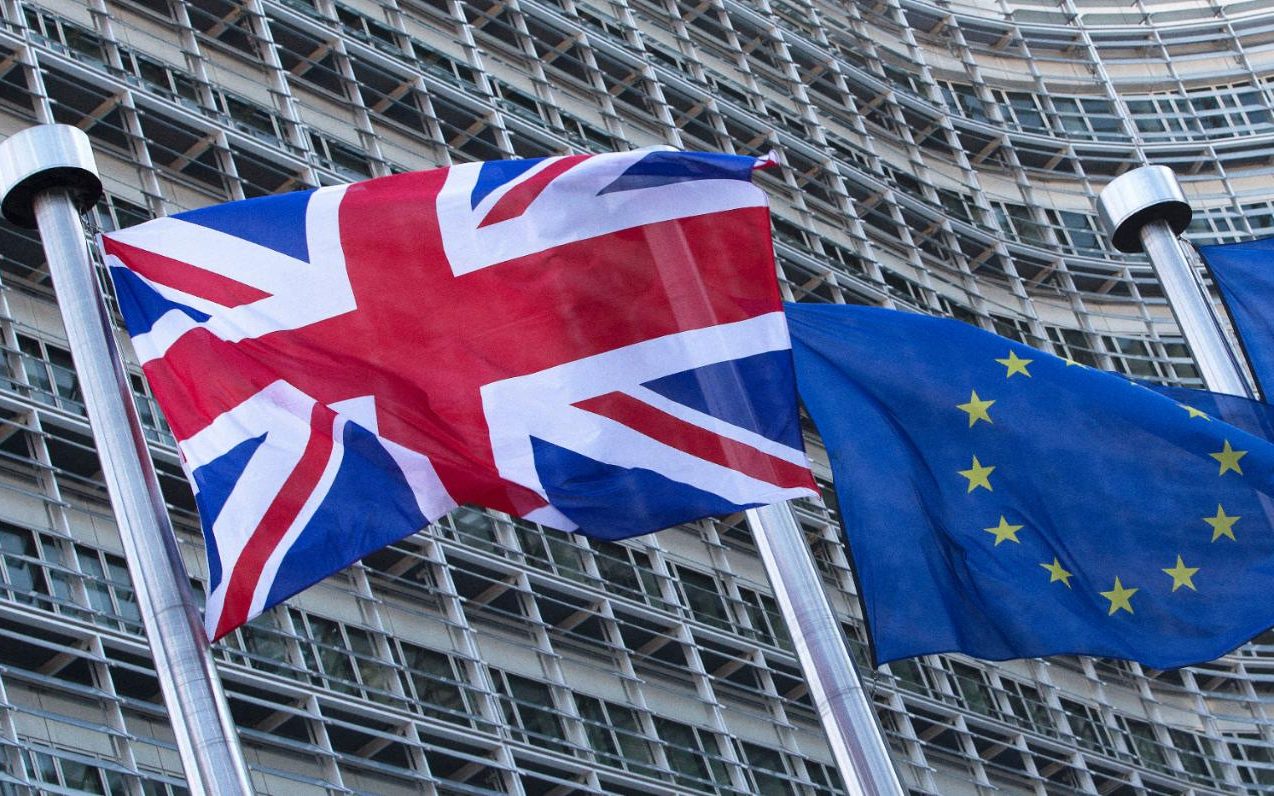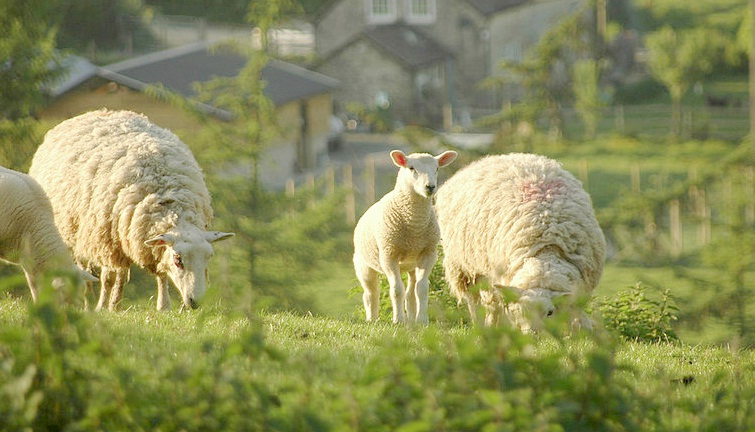
Securing the right trade deal with the European Union must be a key priority for the next UK Government, the agricultural industry has said.
It comes as news of a significant boost to Britain’s ambition to sign a quick Free Trade Agreement with the European Union after a landmark ruling by the European Court of Justice handed expanded trade negotiation powers to Brussels.
Trade experts said the ECJ ruling could substantially reduce the risk of any future EU-UK free trade agreement getting bogged down in the EU national parliaments, opening the way for an FTA to be agreed by a qualified majority vote of EU member states.
The food sector in the United Kingdom is worth more than £100 billion each year to the country's economy, and is a sector which is desperately looking for a quick FTA.
It employs 3.8 million people - 400,000 of them in farming - making the industry not just a major part of the rural economy but also the national economy.
The industry currently benefits from tariff-free access to a market of 500 million people.
'Absolutely crucial'
Farming union NFU Cymru explained that with around a third of total Welsh lamb production sold into EU markets, ensuring the best possible access for agricultural produce into the EU post-Brexit is 'absolutely crucial' to the future of the sheep industry.
Upland Sheep farmer and NFU Cymru Deputy President John Davies spoke to an audience at the NSA Sheep Event yesterday (16 May) explaining the sector's frustrations.

He said: “Sheep farmers want to see a clear commitment from all parties ahead of the General Election that they recognise the importance of securing frictionless tariff-free trade in agricultural produce in any future bilateral trade agreement with the EU.
“We expect the next Westminster Government to give us the best possible opportunity to capitalise on this and to allow us to continue to grow our share of the EU lamb market. Exports of lamb deliver well over £100m annually back to Wales and we must do everything possible to maintain and grow this trade.”
'Nightmare scenario'
Mr Davies said failure to secure the right trade deal and the possibility of a 'cliff-edge Brexit' in Spring 2019 is a potential 'nightmare scenario' for the sheep sector in Wales.
“Operating under World Trade Organisation tariffs would see tariffs of 50% or more placed on some cuts of lamb, this would effectively price us out of the marketplace.”
The CLA, which represents owners of land, property and businesses in rural England and Wales, is preparing a series of reports on the challenges facing the country's rural community in the wake of the referendum decision to withdraw from the European union.
The first report looks at the issue of trade, and the CLA says that the priority for the Government must be to secure a free trade agreement with the EU.
“The major threat to the UK rural economy would be a situation where the UK removes itself from the EU without a preferential trade deal agreed while at the same time removing all tariff barriers for exporters from anywhere in the world to sell their goods into the UK market,” say the report's authors.
“This approach would be catastrophic for the rural economy and have dramatic and immediate consequences for the countryside, with many farmers unable to compete.”
'Enormous challenges'
Commenting on a recent House of Lords report looking into the Brexit impact on agriculture, Lord Teverson, who chaired the Sub-Committee up until the dissolution of Parliament, said post-Brexit the UK’s agriculture and food sectors face 'enormous challenges'.
“Trade – especially with the EU – is really important for the agri-food sector. It is unlikely that a comprehensive trade deal with the EU will be negotiated before Brexit, so a transitional deal is vital to avoiding a 'cliff edge' for farmers.
“The Government and the devolved administrations will also need to be careful that tailored agricultural policies don’t create non-tariff barriers for UK exports.”
The National Farmers' Union has said that if the government secures a free trade arrangement with the EU, ensures UK farmers are not disadvantaged by future trade deals outside the EU and ensures the industry's labour needs are met, then the UK can consider an 'ambitious new policy' for the UK agricultural industry.
